Published 23 April 2017 ● Last Updated on 30 September 2020
As part of our tribute to Fashion Revolution, Secondsguru caught up with Prama Bhardwaj, the founder of U.K. based ‘thinking’ fashion brand, Mantis World. She set up this award-winning clothing firm which sells sustainable and ethically produced garments for men, women, kids and babies nearly 17 years back. When she started out, she assumed ethical working conditions are a given in the fashion industry. Soon after she realised that the reality – particularly in fashion- was far removed. That was when she resolved to work with factories that have humane working conditions and materials which are sustainable to eventually deliver “Well Made Clothing” the tag line for Mantis World.
17 years on and they are going strong!
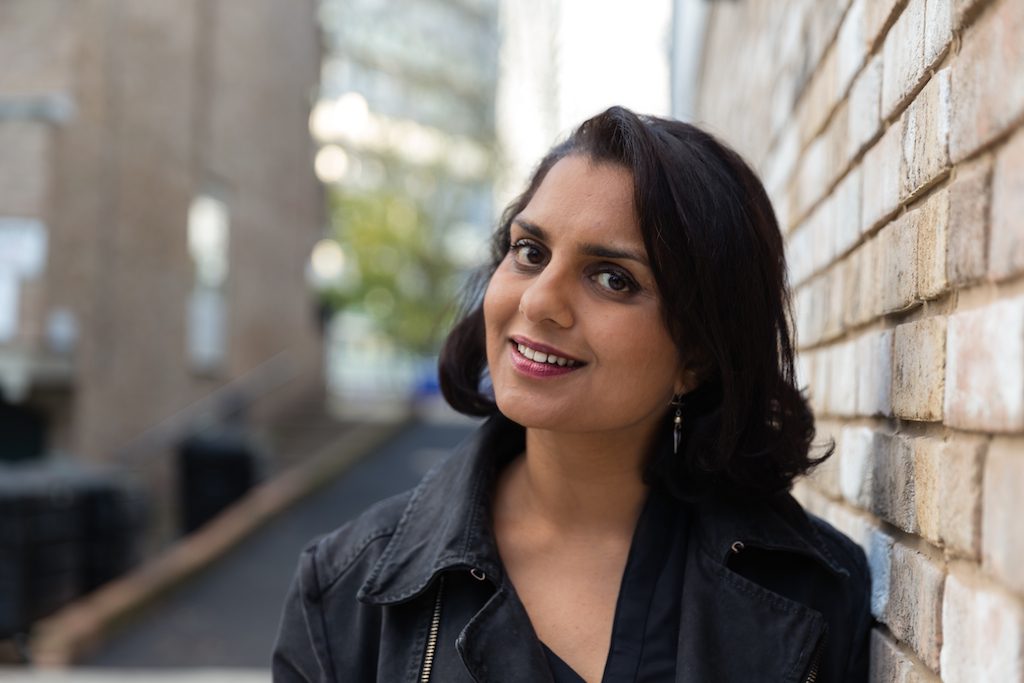
Thank you, wonderful to see the great work you do! I started Mantis World 17 years ago, we did not set out to be an ethical company, we were simply a brand of high quality fashion conscious “blanks” for the imprintable industry. We started working with our family factory in Tanzania and it was only after I visited some factories in Bangladesh that I realised what we considered “normal” for working conditions was not normal in many places. That’s when I realised the importance of talking about ethics. My dream is that one day we won’t need to talk about ethical fashion, because the whole industry will be operating in an ethical and sustainable way. However we are on a journey there – as we grow, develop and learn, we find new ways of bringing sustainability into our business practices.
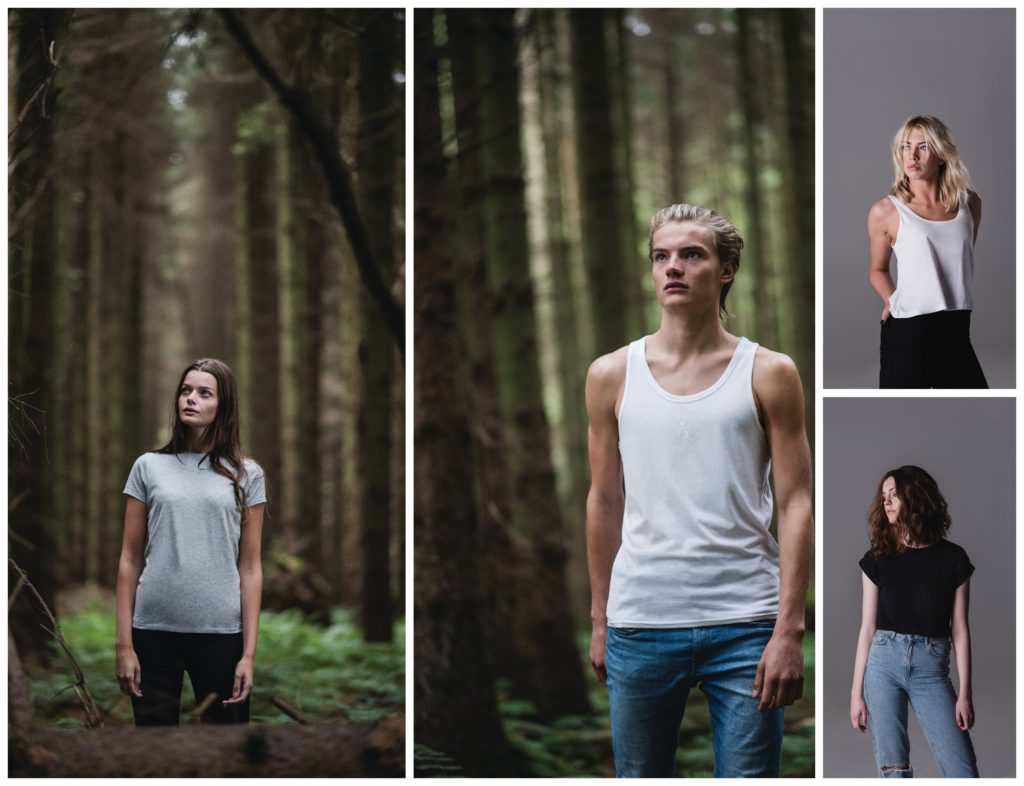
i) The working conditions of labourers working in the factories run by the manufacturing partners of Mantis World in Pakistan, Bangladesh and Tanzania.
We only work with partner factories who have appropriate certification for social compliance and are audited by independent third parties. Our factories are audited to SA8000 or BSCI standards both based on ILO principles. However, we go beyond a tick box mentality and work with factories whom we have a long relationship with, whom we visit personally and ensure that the management are people who understand and share our goals. Trust and mutual respect are the cornerstones of any good relationship and we extend that to every business relationship we have.
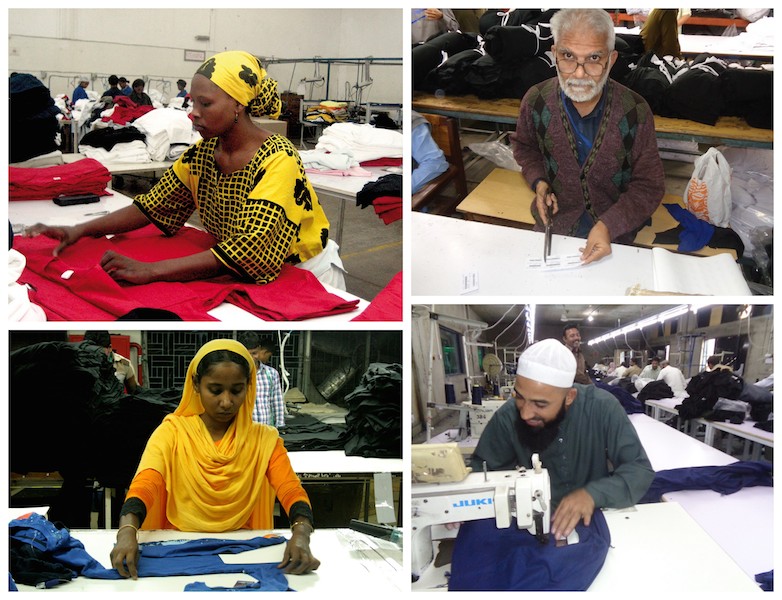
ii) When the manufacturing partners of Mantis World source the raw materials – cotton and tencel?
We ensure we know where the cotton is grown – for instance we are committed to avoiding cotton from Uzbekistan in our supply chain. (Uzbekistan uses state-sponsored child slave labour to harvest their cotton and have wreaked environmental devastation while irrigating cotton including drying up the Aral Sea.) We are moving more and more of our production to organic cotton which has a much lower environmental impact and is healthier and more economically beneficial for farmers than conventional. Our supply chain for organic cotton is fully GOTS certified (Global Organic Textile Standard) to ensure there is complete traceability from the farm onwards, and also that all processes along the supply chain have been certified safe for the environment and ethical work conditions.
Tencel is a brand name belonging to Austrian-based company Lenzing and is well known as the most environmentally friendly lyocell fibre. The yarn is made from certified wood pulp and then manufactured in a “closed loop” process so that 99% of the chemicals used are recycled. The resulting fabric is natural, has a silky feel and a beautiful drape. A good example of our ethos of “Well Made Clothing”.
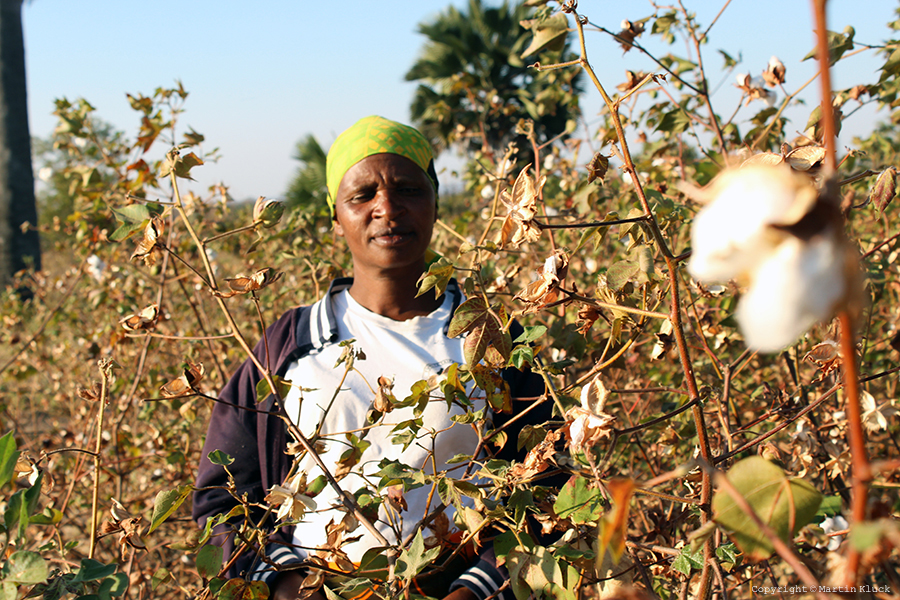
Yes absolutely! Especially after the Rana Plaza tragedy, big brands could not afford to look the other way and avoid the questions about how people are treated in order to make their clothes – faster and cheaper than ever before. More and more big brands are engaging in sustainability in some form. From those who have made it a big part of their business practice such as H&M, C&A, Kering Group to others who are just starting to learn about it. However big brands have extremely complex supply networks and for many it’s almost impossible to know where things come from, so there is a lot of work to be done to unravel this. While I really applaud the huge steps fast fashion brands such as H&M, C&A and Zara are making on sustainability, their basic business principle of constantly selling increasing quantities of cheap clothes is flawed. We as consumers also have to take some responsibility and move away from throw away fashion.
Unfortunately many brands are reluctant to talk about their sustainability initiatives – one because if they say 5% of our range is sustainable it makes the other 95% look bad. The other reason is fear of becoming a target if they put their head above the parapet to say “look what we are doing”. It’s a shame because some brands have done some amazing work with big impact that the whole industry could learn from.
We are big supporters of the work done by Fashion Revolution and the staff at our factories are always very proactive in sending us pictures of them making our clothes. It is quite astonishing when you think about every process – cotton farming, ginning, spinning, knitting or weaving, dyeing, processing, decorating, cutting, stitching, packing, inspecting… just how many people actually make your clothes.
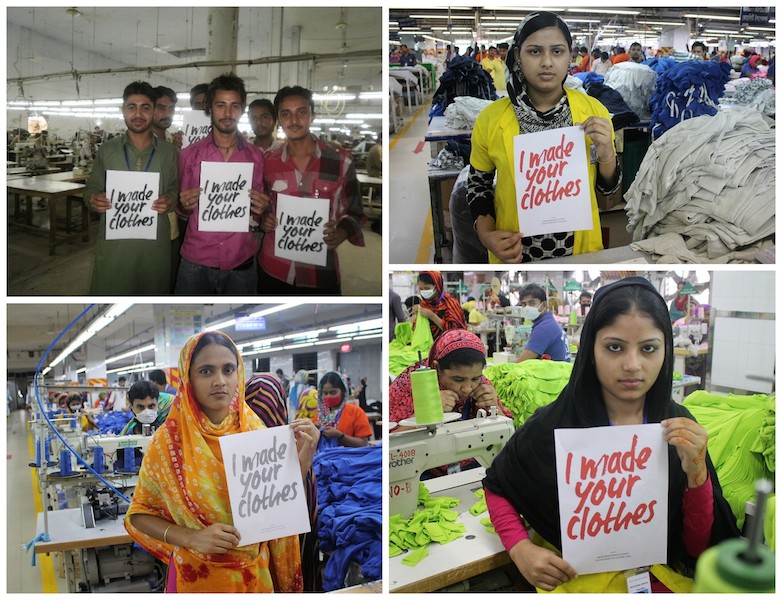
Actually we sort of inherited Oh Baby London from one of our customers! They had tasked us with making their range more sustainable by switching to organic cotton and then unfortunately personal circumstances meant that they could no longer carry on operating the brand, and so they offered it to us. We also loved the mix of irreverence, baby wear, rock n roll and sustainability so we agreed to take on the brand and develop it. At the moment it’s mostly an online brand with some stockists around Europe.
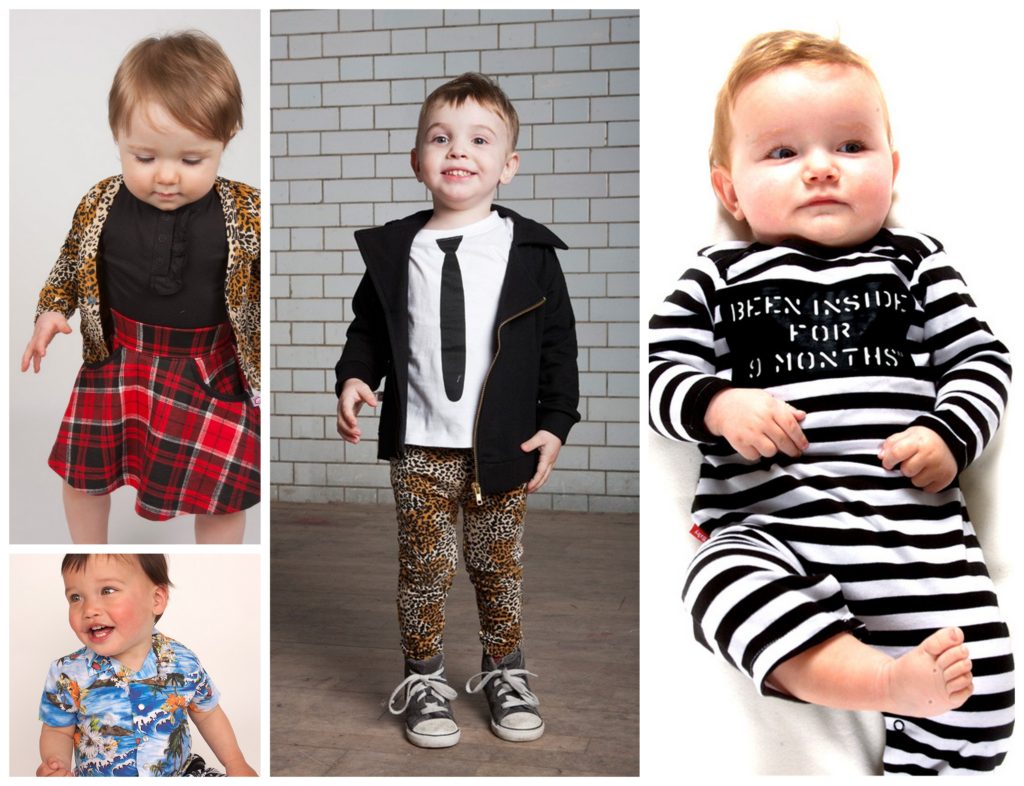
We would love to! If any readers are interested in collaborating with Mantis World or Oh Baby London we are always ready for a chat! Drop us an email on info@mantisworld.com .We can and do ship globally.
-Lara
What is Fashion Revolution? Every year since 2013, the last week of April serves as a stark reminder of the dismal working conditions of thousands of workers in the fashion industry who churn out fashion items-clothes, shoes, bags, accessories- to satiate the needs of the brands selling them and the consumers buying them. On the 24th of April 2013, at the start of a regular work day, Rana Plaza, a multi-storey factory that housed manufacturing facilities for fashion houses on the outskirts of Dhaka, Bangladesh, collapsed – crushing thousands of such workers. The factory building was in shambles and was overcrowded – but no one had time to attend to it, as there was good money being made there! Ever since this incident, the last week of April is year marked as the Fashion Revolution week globally where key stakeholders in the industry- consumers, designers and manufacturers- come together and have an open dialogue about the manufacturing and consumption practices being followed in this second-most polluting industry in the world (second only to oil) and the need to improve them. The movement undoubtedly has had positive impact -consumers are asking “Who made my clothes”, more and more brands are embracing more acceptable standards but there is miles to go to reach a point where ethical and sustainable fashion will be a norm, not an exception.
Related article and information
Be part of a Fashion Revolution| An ethical one
See what is happening in Singapore this April to commemorate Fashion Revolution week.



0 Comments